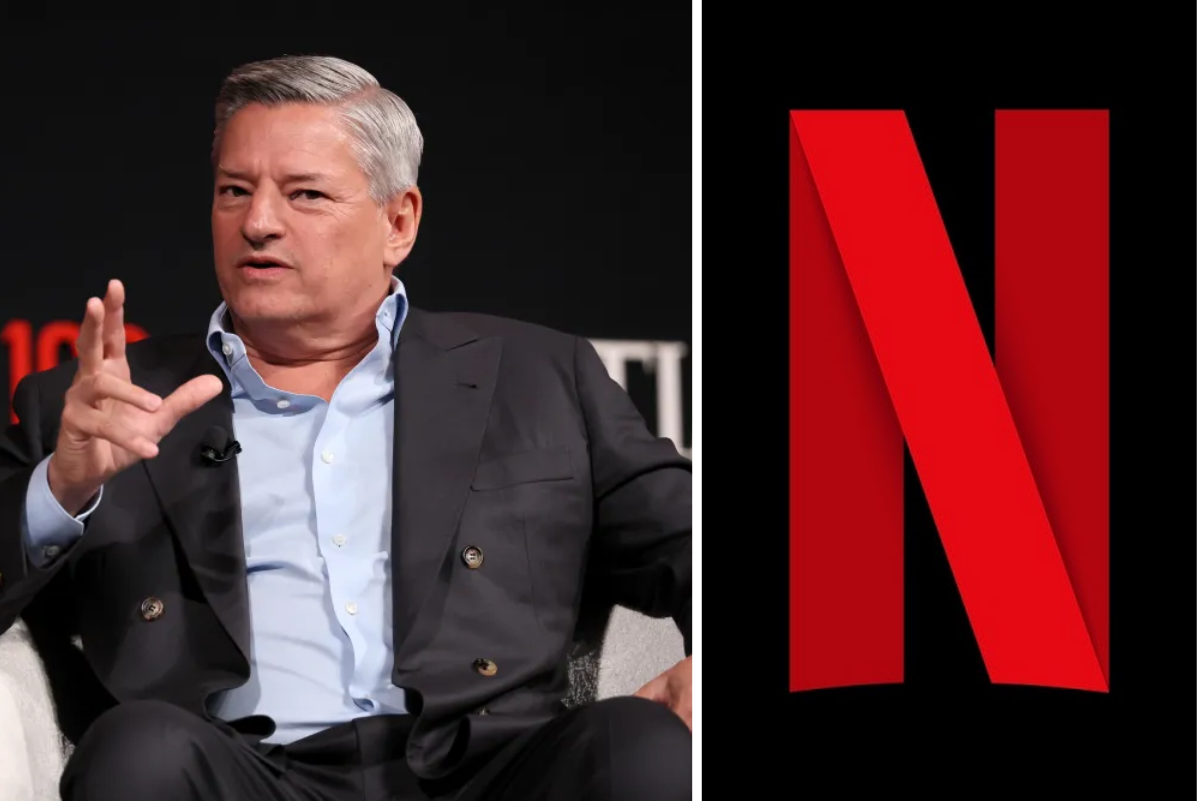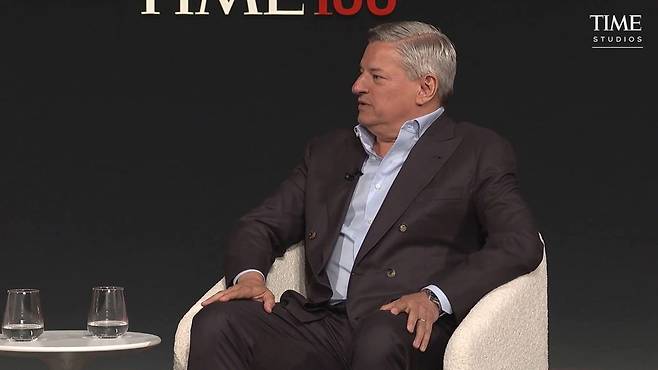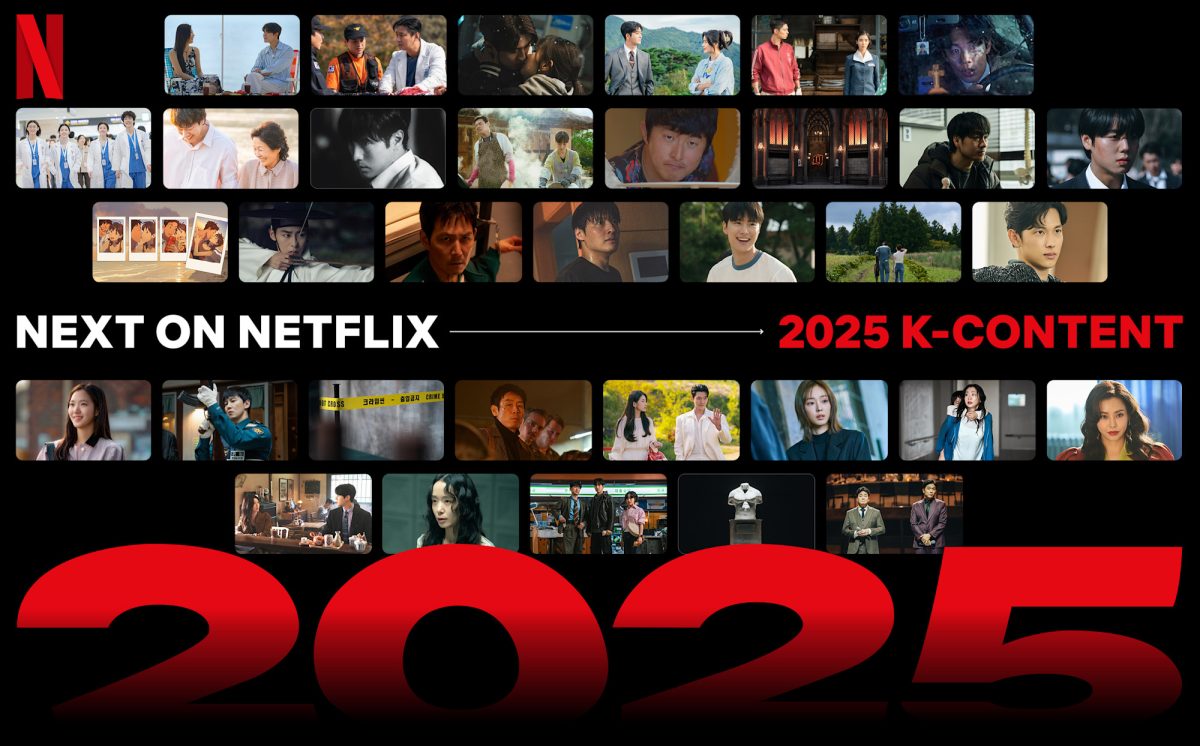Netflix Claims It “Saved Hollywood”: Is the Korean Film Industry Next to Fall Under Its Control?

Netflix CEO Ted Sarandos has sparked global discussion following a striking comment made during a recent TIME magazine talk show. When TIME editor-in-chief Sam Jacobs asked if Netflix had “destroyed Hollywood,” Sarandos didn’t hesitate with his reply: “In fact, we saved Hollywood.”
Ted Sarandos Declares “We Saved Hollywood” in TIME Interview
Expanding on his claim, Sarandos explained, “We provide programs in the way viewers want them,” highlighting how the streaming giant has become a lifeline for those living in rural areas with limited access to theaters.

When asked whether producing films solely for movie theaters is a relic of the past, Sarandos acknowledged, “For most people, it may be outdated, but I don’t think that applies to everyone.” He noted Netflix’s acquisition of Manhattan’s last single-screen cinema in 2019 as an example of its multifaceted strategy that doesn’t entirely dismiss traditional models.
In the same interview, Sarandos touched on broader industry issues, including the impact of global trade politics. Reflecting on the trade tensions that began under former President Donald Trump, he stated, “In trade deals, the entertainment industry is often left behind.”

He elaborated that even before the current wave of trade wars, entertainment was frequently excluded from the benefits of free trade agreements. “The entertainment industry is often not treated like a real business,” he added, hinting at a need for more formal recognition on the global economic stage.
Global Praise, Local Concerns: What It Means for Korean Cinema?
Netflix, which now serves more than 300 million paid members across 190 countries, has reshaped the entertainment industry by offering a vast library of series, films, and even games in multiple languages. Despite its success, Sarandos’ remarks have triggered mixed reactions, especially in regions where traditional cinema remains vital to cultural identity and economic stability.

South Korea, a country with a globally recognized and thriving film industry, finds itself at a crossroads. While Netflix has played a key role in elevating Korean content to a worldwide audience, local filmmakers and industry experts express concern about maintaining the integrity and sustainability of Korea’s cinematic traditions in the face of overwhelming global streaming dominance.

Sarandos’ influence was cemented once again as he was named one of TIME’s 100 Most Influential People of 2025 — an honor he also received in 2013. His latest remarks, however, do more than highlight Netflix’s dominance; they challenge regional film industries to rethink their strategies in an increasingly digital and globalized entertainment era.









